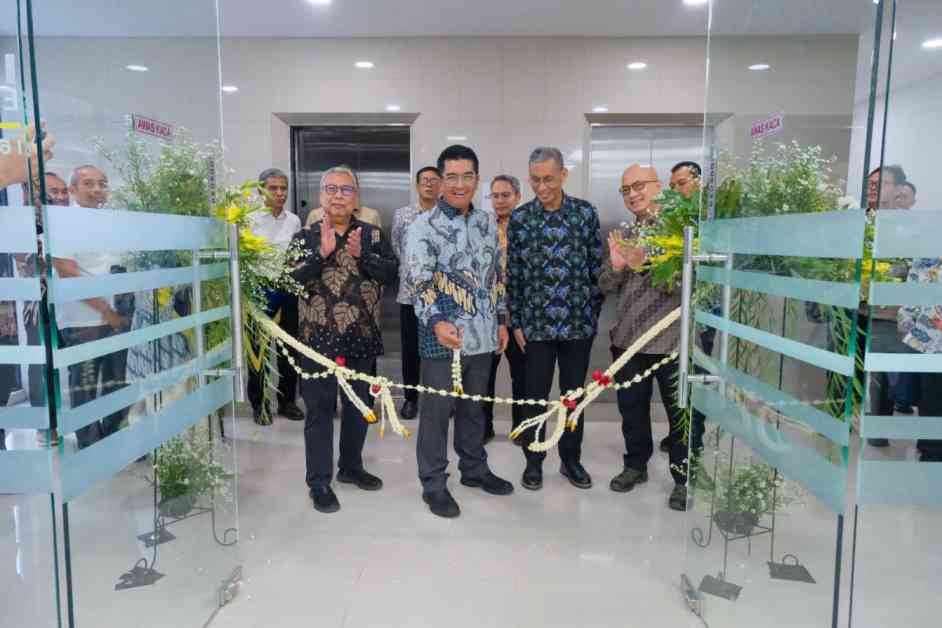University of Indonesia Launches Five New Research Labs to Advance Sustainability Initiatives
Depok, West Java – In a significant move towards environmental sustainability and supporting the energy transition, the University of Indonesia (UI) has unveiled five cutting-edge research laboratories as part of the UI-Net Zero Initiative (UI-NZI) program. This initiative marks a pivotal moment in the university’s commitment to addressing climate change and achieving a net-zero emission target by 2060.
Meet the Five New Research Laboratories
Under the leadership of Professor Heri Hermansyah, UI’s rector, these state-of-the-art laboratories are poised to revolutionize the landscape of scientific research and innovation. The Energy Transition Laboratory (ETL) will spearhead green energy research and development, while the Sustainable Energy System Laboratory (SESL) will focus on creating sustainable energy models that consider economic, social, and policy factors. The Electric Vehicle Testing Laboratory (EV Testing Lab) will serve as a testing ground for electric vehicles and their components, paving the way for a greener transportation future.
Additionally, the Environmental and Conservation Laboratory (ECL) will champion environmental protection and the development of eco-friendly technologies, with a specific emphasis on ecosystem restoration, natural resource management, and conservation planning. Lastly, the Indonesia Climate Modelling and Policy Hub (I-CLIMB) will play a crucial role in shaping climate policy and fostering interdisciplinary research initiatives.
Impact on National Industries and Economy
Professor Hermansyah emphasized that the groundbreaking research conducted in these laboratories will yield tangible outcomes such as scientific publications, intellectual property, technologies, and product prototypes. These innovations have the potential to not only benefit Indonesia’s industries but also bolster the nation’s economy, paving the way for a more sustainable and prosperous future.
As the UI-NZI chairperson, Professor Widodo Wahyu Purwanto highlighted that the development of these five new laboratories was made possible through a Ministry of Higher Education, Science, and Technology grant valued at Rp178 billion (US$11.01 million). This substantial investment underscores the government’s commitment to fostering research excellence and driving impactful change in the realm of environmental sustainability and energy transition.
In conclusion, the University of Indonesia’s launch of these five new research laboratories signifies a bold step towards a more sustainable future, bridging the gap between academia and real-world applications. These laboratories are poised to revolutionize the landscape of sustainability research and innovation, setting a new standard for excellence in environmental conservation and energy transition initiatives across Indonesia and beyond.






















